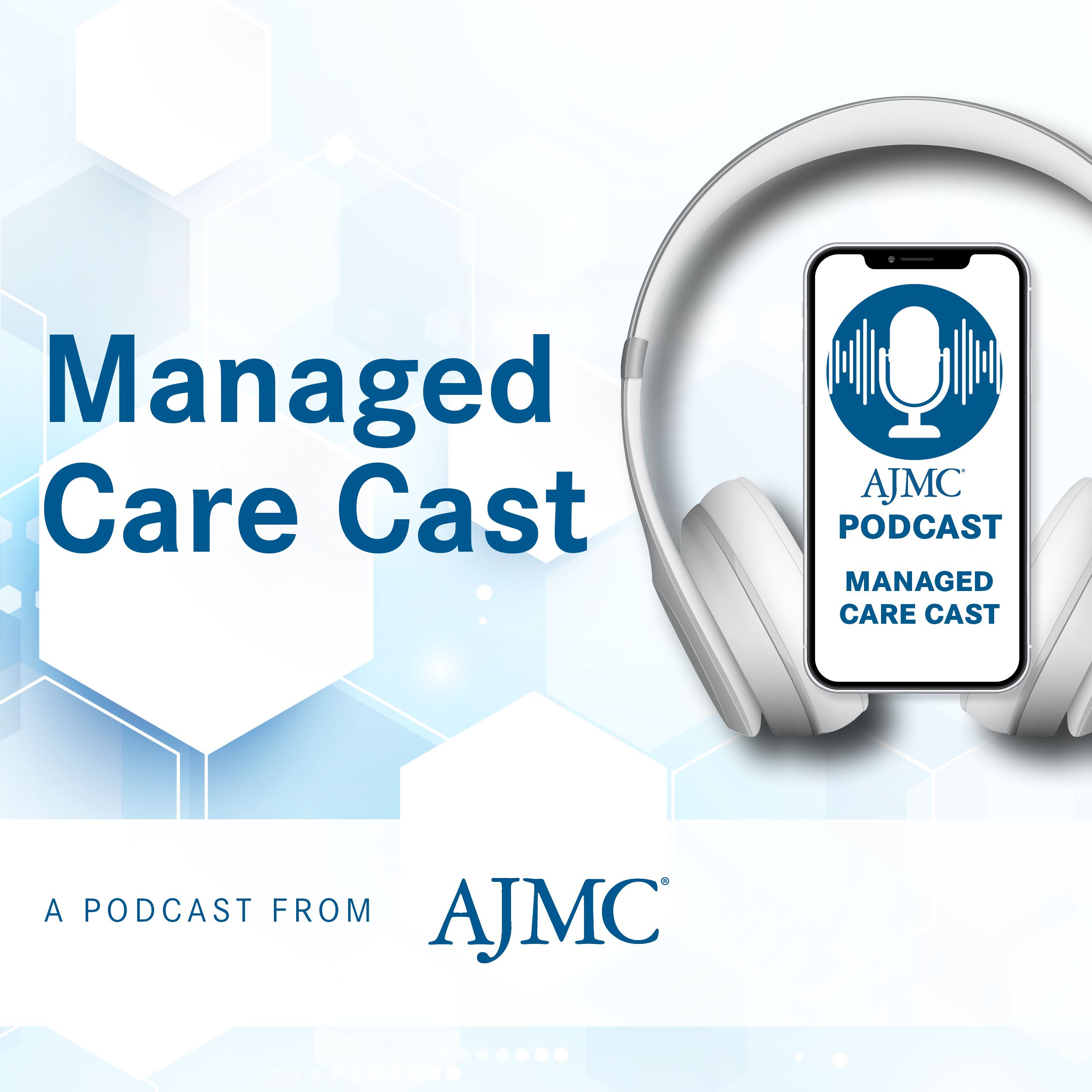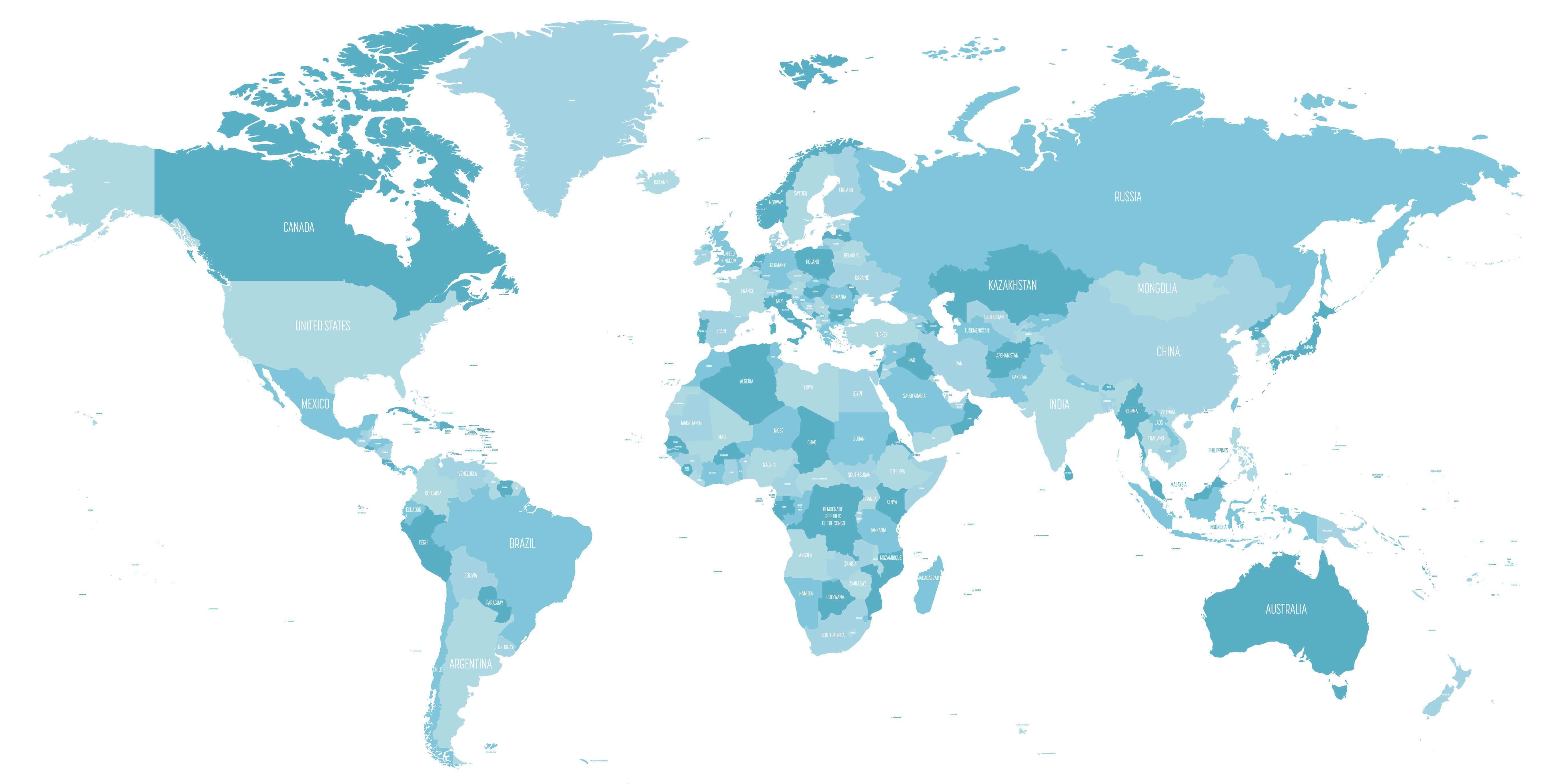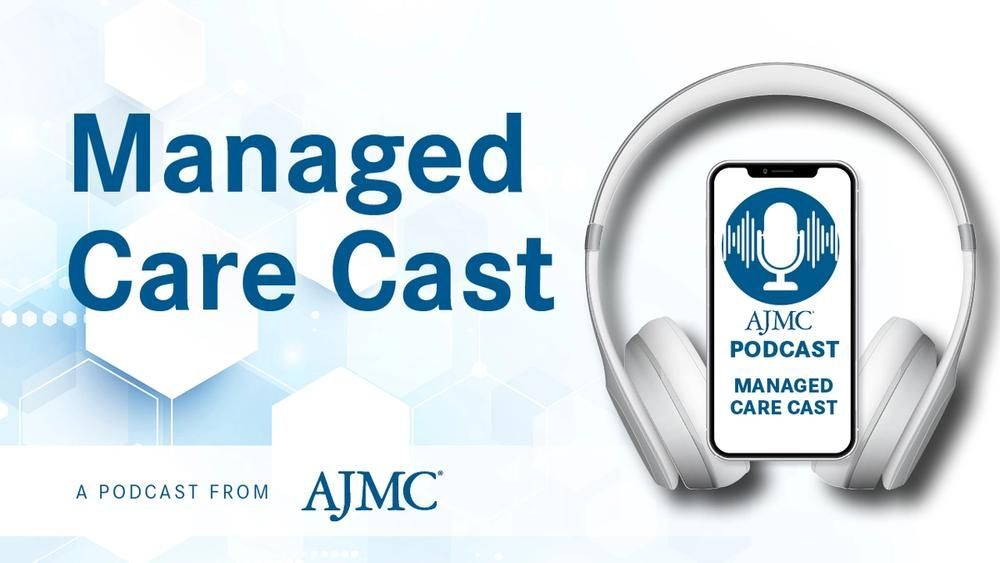Video
Defining Episode of Care in Metastatic Disease
Key opinion leaders discuss the difficulties of defining episode of care in metastatic breast cancer.
Transcript:
William J. Gradishar, MD: When we’re talking about episodes of care, when we’ve had those discussions, it seems like from a payer’s standpoint, when you’re talking about discrete times, like adjuvant therapy, you can better define what an episode of care means. But when we’re in this context today talking about metastatic disease, it seems like it gets a little bit more challenging to define what an episode of care is because it’s so variable and there are so many sequential therapies over time.
Steven Peskin, MD, MBA, FACP: Yes, that was a great point. That’s where the episode may actually end, is when the 4 areas of breast cancer that we’re looking at, presuppose at the going end, though, that it’s not diagnosed as stage IV. So in our oncology medical home model, we actually made a distinction between advanced cancer and metastatic disease and less complex disease, and we put some different guardrails around the care management payment. So that was a big distinction we made in the oncology medical home model, between non-metastatic, non-advanced cancer, and advanced cancer. Where in the metastatic space with the medical home we looked at the oncologist really becoming effectively the primary care doctor for those patients, because that’s what you’ve become. I mean that’s where she or he is.
Yeah, they might still say they’re an internist or diabetes specialist, but you really take on the mantle, along with your social workers, and your psychologists, and your nurses, and your practice nurses. So we made that differentiation with advanced cancer in a medical home model. For the episodes, the flipping into the unfortunate consequence of metastatic really kind of ends the episode.
Bruce Feinberg, DO: Although I will add that in the Oncology Care Model [OCM], which does impact 50% of Medicare patients with cancer, their episode of care design did include patients with metastasis. And so the episode begins with the initiation of that first chemotherapy or active therapy—chemotherapy, hormonal, immunologic selegiline, whatever it may be. And if at 6 months that patient is still on that therapy, the new episode goes on and continues at the 6-month intervals, re-upping at the next episode.
Steven Peskin, MD, MBA, FACP: That’s similar to what we did with the oncology medical home. Regarding the OCM model, our trigger is just the oncologist saying, “This is a person with a confirmed diagnosis of cancer.” So she would not need to have that first; the chemotherapy wouldn’t be the trigger. The trigger would be the diagnosis-based fine needle aspiration, a lung biopsy, a bronchoscopy, a breast cancer biopsy, or breast biopsy that proves to be cancer. So that’s when the trigger would be then. And so that; so similar to the OCM, and then similar to the OCM that you mentioned; if the person unfortunately has advanced cancer, then they’re on oncology medical home until they go into hospice, or go to another insurance company, or pass away.
Newsletter
Stay ahead of policy, cost, and value—subscribe to AJMC for expert insights at the intersection of clinical care and health economics.





